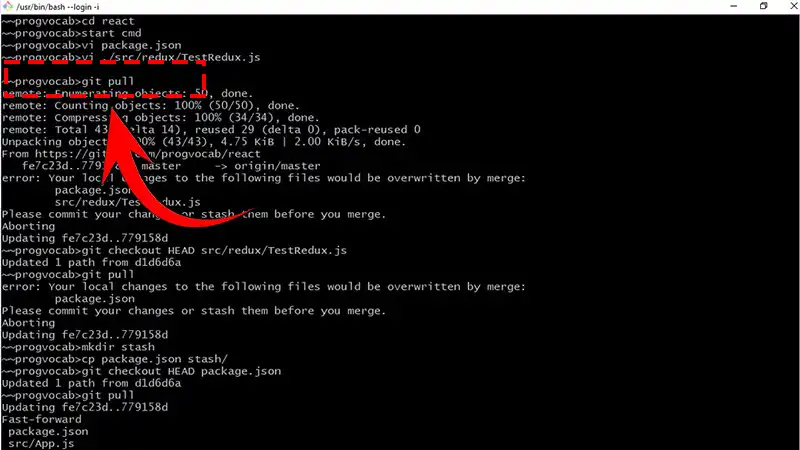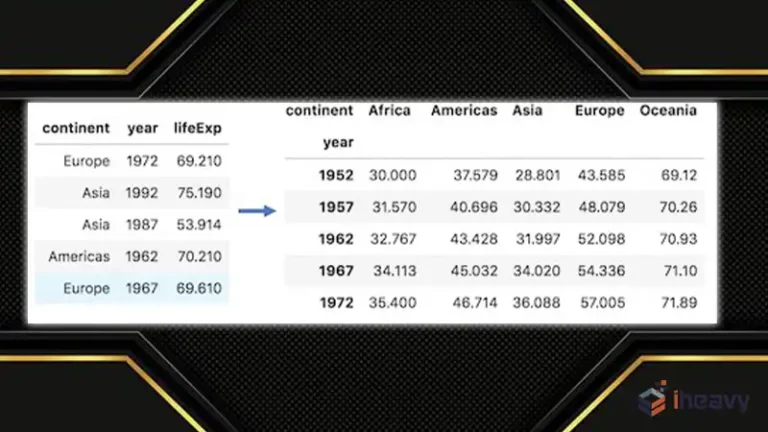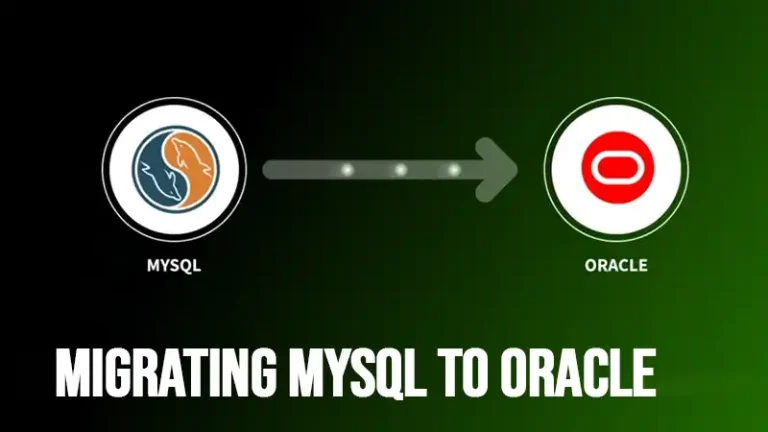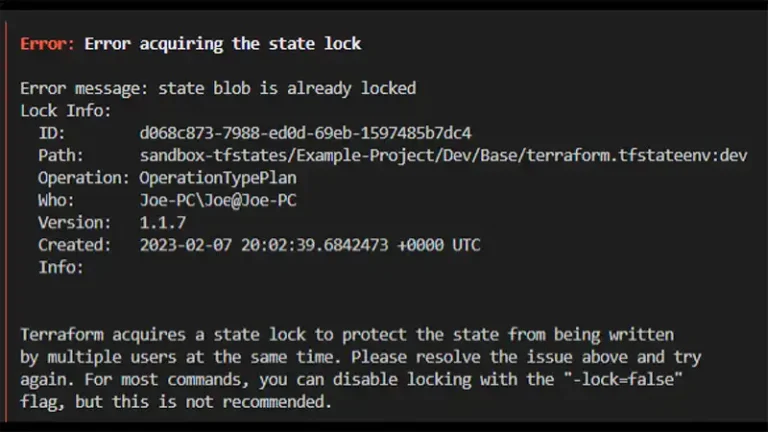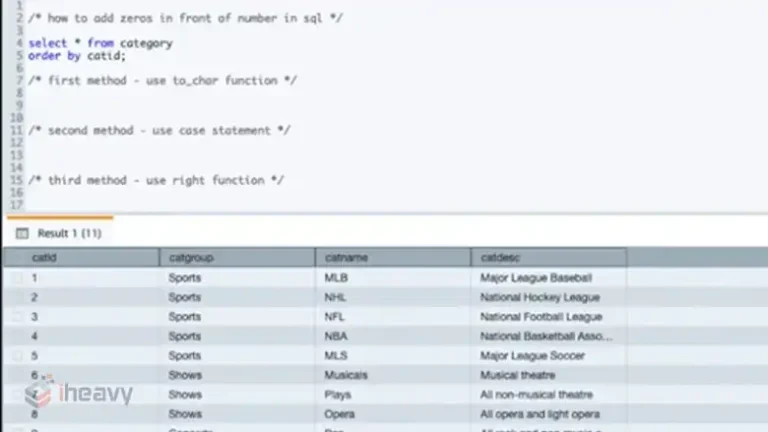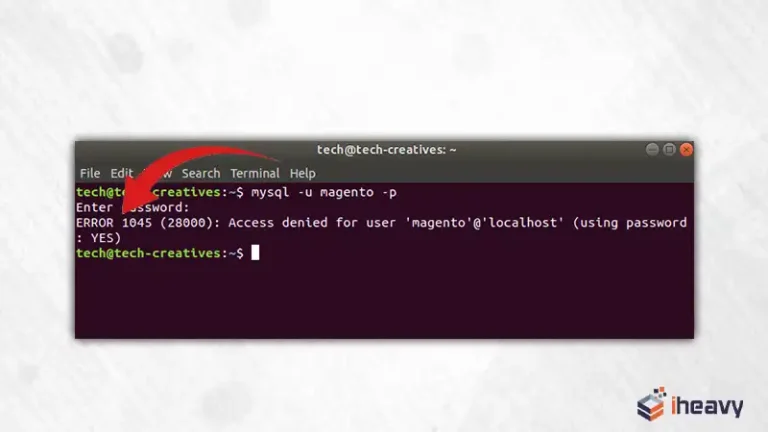Does Git Pull Overwrite Local Changes | Answered
Git, a version control system, is a powerful tool used by developers to manage changes in their codebase efficiently. When collaborating on a project, one common operation is `git pull`, which fetches changes from a remote repository and merges them into the local branch. However, a common concern among developers is whether `git pull` can overwrite their local changes.
The short answer is: it depends.
Let’s go deeper into this to understand the scenarios where `git pull` might or might not overwrite local changes.
Exploring Git Pull
Git pull combines two operations: `git fetch` and `git merge` or `git rebase`, depending on the configuration.
– `git fetch` retrieves changes from the remote repository, updating the remote-tracking branches in your local repository.
– `git merge` combines the fetched changes into your current working branch, creating a merge commit.
– `git rebase` is an alternative to `git merge`, which rewrites commit history by moving or combining commits to incorporate fetched changes.
Git Pull and Local Changes
Here is the relationship between local changes and Git Pull.
1. No Local Changes
If there are no local changes in the current branch, `git pull` will seamlessly fetch the changes from the remote repository and update your local branch without any conflicts or overwriting.
2. Local Changes, No Conflict
When local changes exist, but Git can merge them with the fetched changes without conflicts, `git pull` will automatically merge the changes from the remote repository with your local changes. This merge will be reflected in your working directory.
3. Local Changes with Conflict
Conflicts occur when Git is unable to automatically merge changes due to conflicting edits in the same file or lines. In such cases, Git cannot complete the merge process automatically, and it will prompt you to resolve these conflicts manually.
Precautions to Avoid Overwriting Local Changes
To prevent accidentally overwriting local changes when performing a `git pull`, it’s essential to follow some best practices:
Commit or Stash Changes
Before pulling changes, commit your local changes or use `git stash` to store them temporarily. This ensures that your changes are saved before pulling in remote updates.
Review Changes
Regularly review the changes you’ve made locally before performing a `git pull` to anticipate potential conflicts.
Pull with Rebase
Consider using `git pull –rebase` instead of `git pull`. Rebase can create a cleaner commit history by placing your local commits on top of the fetched changes.
Resolve Conflicts Carefully
When conflicts arise, use Git tools (such as `git mergetool`) or manually edit the conflicting files to resolve conflicts.
Frequently Asked Questions
What happens if there are conflicts during a git pull operation?
When conflicts arise between the remote changes and your local modifications, Git indicates a merge conflict. You’ll need to resolve these conflicts manually by editing the conflicting files before completing the merge.
Is there a risk of data loss when using git pull with local changes?
Yes, there is a risk of losing local changes if they conflict with remote changes during a git pull. However, this risk can be minimized by following best practices like committing or stashing changes before pulling.
Can I review changes before git pull applies them to my local branch?
Yes, before completing the merge after a git pull, you can review the changes that are fetched from the remote repository. This allows you to understand what modifications will be integrated into your branch.
Conclusion
`Git pull` itself does not inherently overwrite local changes. Its behavior depends on conflicts between the local and fetched changes. It’s crucial to understand how Git manages merges and conflicts to handle `git pull` effectively while safeguarding your local modifications.
